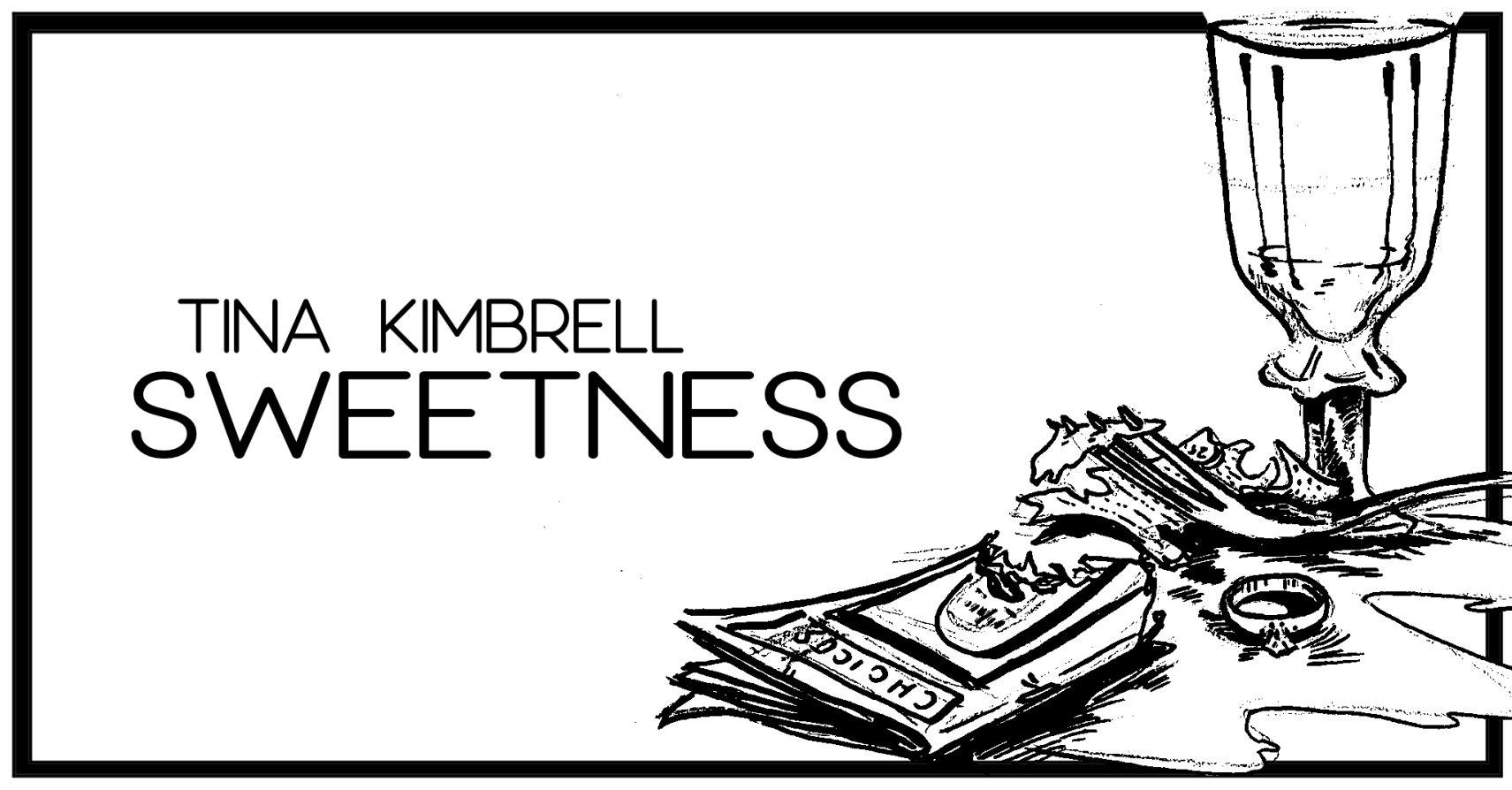About an hour after our mom died, we went to Denny’s. The three of us with our lungs sore, our eyelids thick and salt-laden, our limbs leaden with weeks of anticipatory grief and the weight of our own bodies. We hadn’t planned this, but there we were without a mom, at a table in the middle of a franchise diner, holding laminated menus covered in reds, yellows and browns—Grand Slams, Sizzlin’ Skillets, Deal-icious Meals. We needed caffeine and sugar. We contemplated bacon. We ordered blueberry pancakes.
*
Most of the time, she didn’t seem to know she was dying. She kept talking about family reunions in cities she’d never been to and family photo shoots as if she were not given one to two months to live, as if she were not attached to an oxygen machine with comically long, translucent blue tubing that coiled and sprawled across the carpet, across the whole house. I wondered often if this was generational; ceaselessly scrolling WebMD seeking to self-diagnose wasn’t a thing she thought to do, though self-diagnosis was part of the problem. The blood in the throat she chalked up to dry air, not worth a trip to town for a doctor. Suddenly, casually: This is the ring I want you to have. At the dining room table, holding up pamphlets about body donation: This is what I want to happen to my body. In her bed: This is where I want to die.
*
At Denny’s, while we waited for our food, I pointed out a sign at the edge of the room. It looked official, but funny, off. It said Maximum Compacity. Compacity is a measurement of granular medium, like sand or salt or sugar. The three of us, just three specks in this space.
*
In the hospital, she asked for apple juice and there wasn’t any and we were helplessly upset at the injustice. Who was the juice manager? I contemplated whether I should go look for some juice myself, look for a grocery store in that town I didn’t live in for a jug of juice. But she was asleep again before it mattered. Later we asked the nurses if we could moisten her mouth with juice instead of water. Sure, they shrugged. It couldn’t hurt. A sponge on a stick pressed against her tongue against the ventilator tube, some semblance of sugar, a taste of what it used to be like to have a body.
*
We waited for our food, and, when it came, the server gave us the wrong plates. I had ordered whole wheat pancakes for some reason. Health, I guess. We accepted them and smiled. When the server walked away, we swapped plates. Spread our pancakes with butter, drowned them with syrup.
*
On the morning that she died, I don’t think I knew that it was the day that we would stop waiting. We were just going to her bedside, as we did. As we had done for days. Suspended in that grief fog, gritty and spinning.
*
We ate pancakes at Denny’s. More than we needed. Surrounded by strangers’ bodies and not hospital walls. Nobody there knew that we had just been hunched over a hospital bed, grasping the hands of our dead mom, kissing her face, touching her hair for the last time. We sat in this diner limbo—not at the hospital and not at her house that she would never return to with her bed and her house shoes and her collection of bells—and we ate. Swallowed by diner life: the ding of the door with each arrival and exit, the hot-metal waft of griddle, the arterial flow of traffic outside. The ting of forks on plates. The tinny swirl of spoons. Sugar dissolving into liquid.

